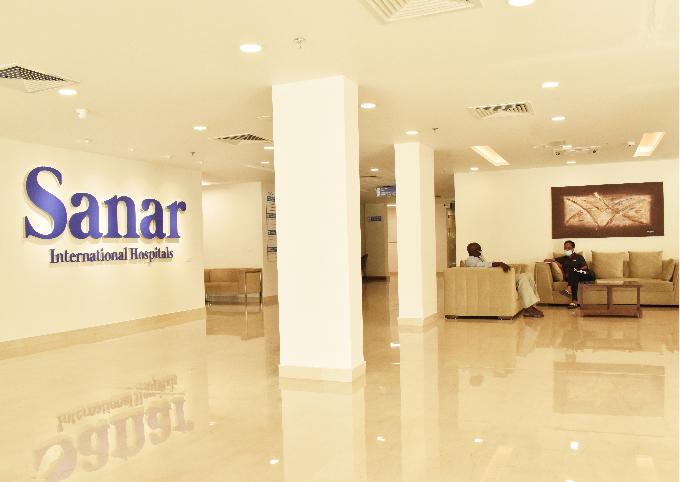Procedure Type
surgicalProcedure Duration
2-4hrsHospital Stay (Days)
5 DaysThis surgery is typically recommended when a tumor is large, aggressive, or centrally located within the kidney, making partial removal impossible. It may also be necessary if the cancer has begun to invade nearby structures. Radical nephrectomy aims to prevent the spread of cancer by removing the entire affected organ and any areas it may have reached.
Before the operation, patients undergo several evaluations, including blood tests, imaging scans like CT or MRI, and a full medical assessment. These tests help determine the kidney’s condition, the cancer stage, and whether the patient is fit for surgery. Doctors also discuss the risks, expected recovery, and potential need for lifestyle adjustments after the procedure.
Radical nephrectomy can be performed through traditional open surgery or using minimally invasive techniques such as laparoscopy or robotic-assisted surgery. The surgeon makes an incision in the abdomen or side, carefully detaches the kidney from its blood vessels and ureter, and removes it from the body. The choice of technique depends on tumor size, location, and the patient's overall health.

Associate Chief Urology & kidney transplant & Robotic Surgery

Senoir Consultant - Renal Sciences, Urology

Chief - Urology, Kidney Transplant Program & Robotic Surgery (Unit II)
After surgery, patients are monitored closely in the hospital for pain, bleeding, or infection. A urinary catheter may be temporarily placed, and pain is managed with medication. Most patients stay in the hospital for a few days, during which they begin gentle movements, breathing exercises, and light activity to support healing and prevent complications.
Recovery from radical nephrectomy takes several weeks. Patients are advised to avoid heavy lifting, stay well hydrated, and gradually return to normal activities. Since the body now relies on one kidney, regular check-ups are essential to monitor kidney function. Most people live healthy lives with a single kidney, although diet and blood pressure may need more careful management.
The success of radical nephrectomy depends on the cancer’s stage and whether it has spread. Regular follow-up appointments include imaging and lab tests to check for recurrence or complications. When done early, the surgery offers a strong chance of long-term cancer control and allows patients to return to a good quality of life.

Gurugram, India

Gurugram, India

Gurugram, India
Honest Guidance, Reliable Support, Seamless Journeys.
Provide Us
Reports


Get Medical
Opinions


Pre-Arrival
Arrangements


Visa
Support


Assistance in
Treatments


Fly back and
Follow Up

